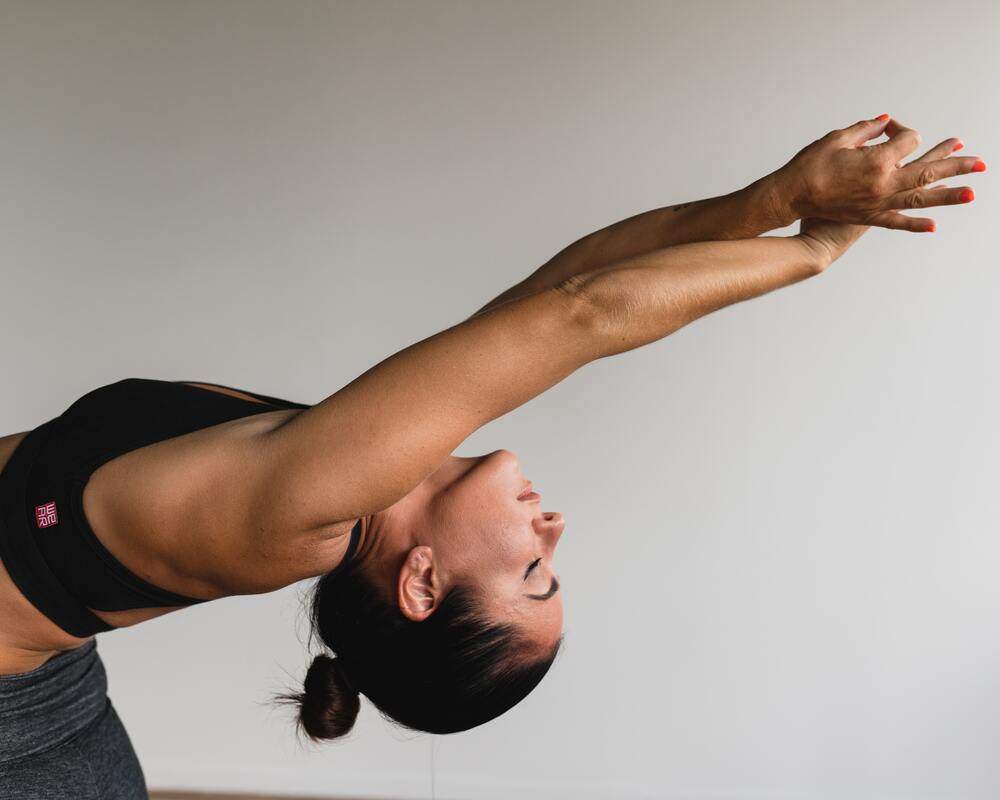What muscles do we activate when breathing in Pilates?
When we breathe in Pilates, we activate the diaphragm muscle as well as our abdominal muscles. The diaphragm is a large, dome-shaped muscle that sits below the lungs and helps us to inhale by pushing down on the abdominal cavity content. This increases the space inside the chest cavity, which pulls air into the lungs. The abdominal muscles also help to pull air into the lungs by compressing the belly and working in conjunction with the downward movement of the diaphragm. Together, these two muscles create what's called an "inhalation reflex." This reflex helps us to take in more air with each breath, which is important for getting enough oxygen during exercise. What are some of the physiological benefits of deep breathing? One of the biggest physiological benefits we get from deep breathing is increased oxygen and blood flow. This supplies our muscles with more energy, which means Pilates exercises will be that much easier for you! Since Pilates focuses on building muscle strength as well as core stability, this can make a big difference in your Pilates workouts. It also helps to release endorphins which boost moods and calm us down after stressful days or before stressful events like public speaking or exams. What are some of the physical benefits of deep breathing? The breath plays an important role during Pilates exercises because it's one of the main ways we control movement throughout each workout. Focusing on using the correct breathing technique at the correct time with emphasis on deep abdominal muscle engagement helps us to stay focused on proper Pilates form. By properly engaging our core muscles we maximise the effectiveness not only in Pilates exercises but also in other forms of exercise as well. For example, when doing crunches (crunches are Pilates exercises that focus on the abdominals), we exhale as our head and shoulders come off of the floor. Then, when returning to the starting position (lying flat on your back with knees bent) we inhale as our head reaches towards or touches down on the mat. This helps with correct muscle activation and exertion at the correct time. This breathing applies whether they're abdominal-focused like crunches or full body movements like Hundred's (Hundred's is a Pilates exercise where you lie face up with legs extended straight out and arms reaching overhead). It can be helpful to familiarise yourself with Pilates breathing in order to get the most out of your Pilates workout - remember your teacher is always there to help! What are some tips for good Pilates breathing? In general, when performing Pilates exercises you should inhale as you lengthen and reach upward (or squeeze inward), and exhale as you contract or curl back down towards the mat. For example: when doing leg circles - one of Pilates abdominal-focused exercises where we circle both legs from side-to-side without changing their position relative to each other - we would inhale while lifting up through the torso; exhale as we circle the legs to one side; inhale as we circle them back up towards the ceiling and exhale as we lower down. If you're doing Pilates exercises on your belly, it's also important that you breathe in through your nose so air can flow out of your mouth during exhalation (that is, breathing out). What does deep abdominal muscle engagement feel like? When practicing correct Pilates breathing, a good rule-of-thumb is to imagine yourself being pulled up from the top of your head towards the ceiling when inhaling - this will keep your upper body long and tall while maximising deep abs engagement for better Pilates workouts. If traditional Pilates breaths don't come naturally or easily then try practicing them by taking advantage of your natural breath patterns: inhale through your nose for a count of four, hold your breath for a count of two and exhale through your mouth for a count of six. Doing this will help to lengthen the exhalation which is key for deep abdominal muscle engagement. Breathing is an essential component to any exercise routine, Pilates included! By focusing on our breath we can maximise the effectiveness of each Pilates exercise we do - helping us to tone muscles, build strength and endurance, and feel better in out day-to-day lives. Looking to start Pilates classes? We have Pilates Reformer classes running 7 days a week! Why not start with one of our fantastic intro offers? Not sure if Pilates is right for you? Give Articulate Physiotherapy a call on 07 3706 3407 or email us at [email protected]
0 Comments
Leave a Reply. |

 RSS Feed
RSS Feed